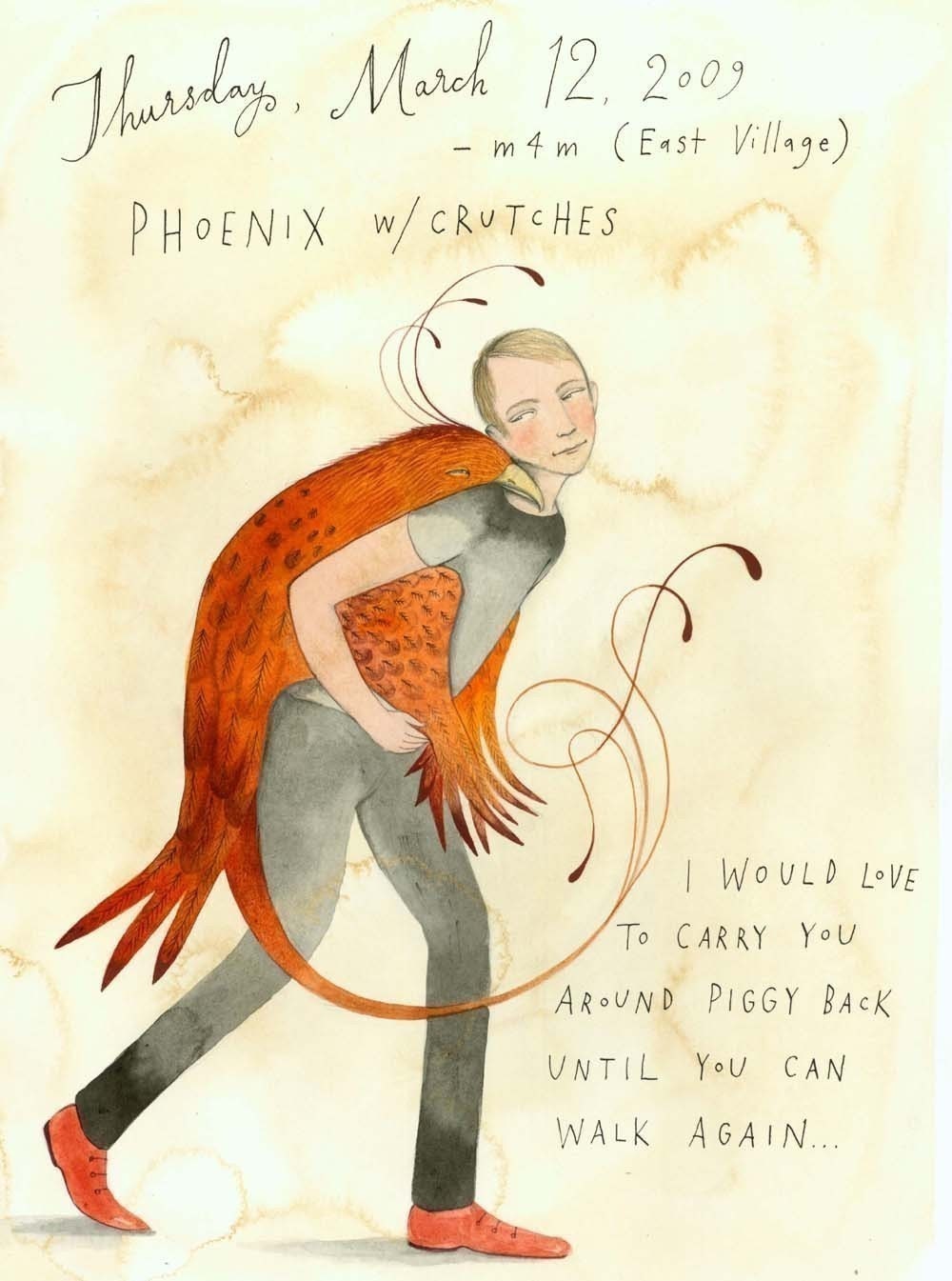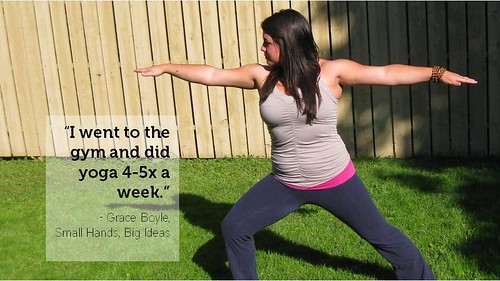There are two ways to approach life. Read about it. Or live it.
I read a lot. I like to synthesize information together, saturate my brain synapses, make connections, and curate the exact pieces that will fit my life. Knowledge is my thing.
But it doesn’t matter how much I read, or attend lectures, or watch TED talks, or troll Twitter for the next most interesting blog post. Most of that learning stuff is useless; there’s no better way to learn than to just do.
Become an expert {Phase 1}
Action is the first step. That’s why I encourage job-hopping. Most people don’t know what they like or what they’re good at. Like you could really want to be a CEO, yearn for it with all the matter in your body and brain, and then regrettably discover that you suck as a CEO.
Or maybe you’re really fabulous. A veritable genius! The point is, without working it out for yourself, you’re stuck on the path that others have already laid out. And yeah, that’s a safe plan, I don’t blame you. Our education system is certainly not set up to handle exploration or deviation from a set course. And entering the real world closes the door all together.
In school and at the workplace we’re told exactly how to do tasks, without learning the full explanation behind it. In his book Outliers, Malcolm Gladwell tells the story of a young woman who is trying to solve a mathematical problem. She’s not told the way others have solved the problem, but instead is problem-solving on her own.
Gladwell recounts that when she figures it out, her face lights up: “Ohhh. Okay. Now I see. The slope of a vertical line is undefined. That means something now. I won’t forget that!”
The young woman is working with a professor who encourages his students to unlearn the mathematical habits they picked up on the way to university. Because it’s not about memorizing the right way to do something, but your ability to try that determines your success.
“Success is a function of persistence and doggedness and the willingness to work hard for twenty-two minutes to make sense of something that most people would give up on after thirty seconds,” Gladwell reports.
In order to drive innovation, we need time and space to explore, not regurgitate. To become the master of a topic, you need to understand its underbelly, where it came from, where it’s going, not just the flashy exterior.
Become an expert {Phase 2 – quickly}
Most people are stuck in the land of daydreams and don’t actually reach action, so if you’ve mastered that, pat yourself on the back. I just gave myself a little pat. Go on, you too. Now we’re moving into advanced world domination.
Exploring a topic from top to bottom is all good and well, but what if you don’t have 10,000 hours to devote? What if there was a short-cut? A way that actually helped you make more fiery synapses connections?
I realize I’m starting to sound like an infomercial here, so stay with me.
First, let me preface by saying there’s no substitute for action. And what I’m about to propose isn’t something you should do in lieu of cooking every night if you want to be a chef, but it is the way to super-size what you learn from cooking every night. In an Einstein sort of way, not Mickey D’s.
So tell me, how well can you explain what you do? How well do you understand your passion? Could you teach someone else to do it?
When you do something like send a pitch, for example, you’re learning. You’re testing your ideas and theories through the reaction you receive, the resulting outcome. In this paradigm, it’s okay to fail, you discover through trial and error, and through persistence and hard work, you win.
But there’s an entire level of awesomeness missing. And you can only ascend to the next level by then teaching someone what you have learned. Because then you’re testing your values, ideas and theories with another person’s values, ideas and theories. You understand the underlying challenge more by defining it for another. Teaching – good teaching – requires you to exchange knowledge, not simply impart it. Learning is individual. Teaching is collaborative.
“Nobel laureate physicists such as Enrico Fermi and Leon Lederman took pride in teaching bright undergraduates,” reports Michael Schrage in Harvard Business, “because it forced them to keep in touch with the fundamentals of their field and express themselves simply and clearly.”
I had no idea how to write a stellar cover letter and resume until I started teaching others to do theirs. Groups comprised of individuals in different skill sets – say, marketing, design and finance – thrive when they teach each other. Life-coaches may be so prevalent right now because the coaches help themselves as much as they help clients.
Teaching is sharing knowledge, sharing empathy, sharing ideas. It’s pushing you to understand with entirely different lenses. Just like your body needs both cardio and strength training, your mind needs both learning and teaching.
Teaching is the definitive learning experience. And it’s the quickest way to expertise.







